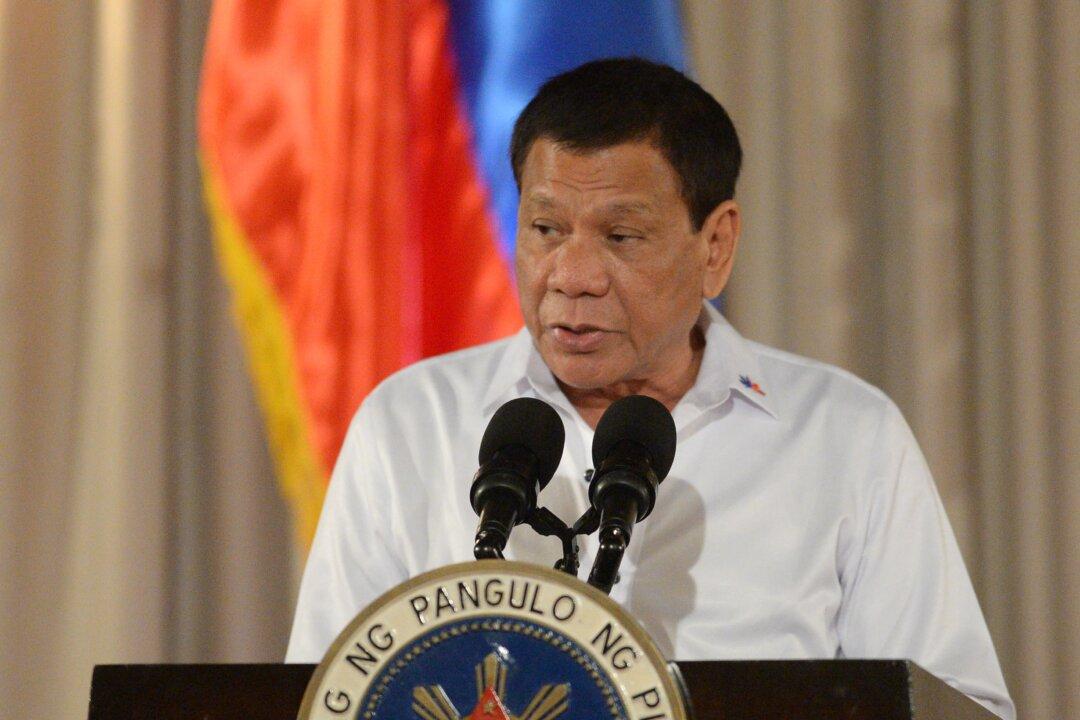Philippine President Rodrigo Duterte warned the United States on Jan. 30 he would repeal an agreement on deployment of troops and equipment for exercises if Washington did not reinstate the visa of a political ally.
Visibly upset, Duterte vented his anger over the U.S. decision to deny entry to Ronaldo dela Rosa, a former police chief who is now a senator.





